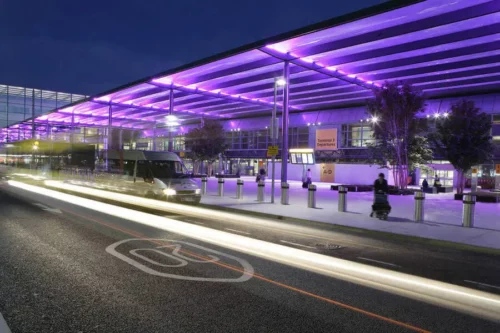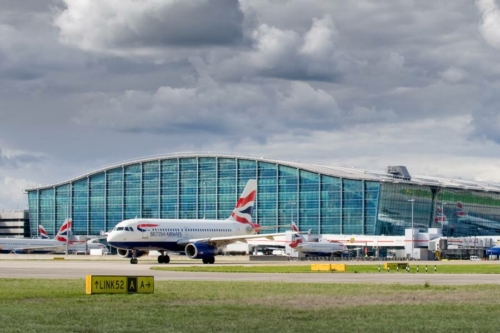Heathrow increases its passenger charge to £30.19 per person from next month
Links on Head for Points may support the site by paying a commission. See here for all partner links.
The on-going battle between Heathrow Airport and the UK Civil Aviation Authority (CAA) over what it can charge airlines – which falls straight through to the price of your ticket, as one of the ‘taxes and charges’ you pay – continues.
Yesterday, the CAA told Heathrow what it can charge from the start of next year – a whopping £30.19 per person on average.
As you would expect, Heathrow is not happy and neither are the airlines – for totally different reasons.

Heathrow believes that, since its income is effectively capped by the CAA at below the market rate, it deserves some retrospective protection for the drop in income last year. That said, it still reportedly paid out a £106 million dividend to its shareholders in 2020 and did not need to raise new equity.
The airlines believe that Heathrow has a de facto monopoly on premium air travel in London and should be constrained appropriately, for the benefit of passengers and the wider economy.
As we covered earlier this year, Heathrow Airport has already added an £8.90 surcharge to all tickets issued.
It is fully within its rights to do this, since there is an agreement with the airlines that guarantees a minimum income level to cover the cost of running certain facilities. This income level was not reached in 2020 and the £8.90 surcharge will continue until the difference is made up.
£30.19 is a temporary fudge
The CAA is currently preparing a new charging formula to cover the period from mid 2022 to 2027.
Heathrow has asked for permission to increase charges on long-haul flights to £67.86 per person from Summer 2022, with a lower figure for short haul and domestic flights. This is unlikely to happen, but the CAA is generally regarded by the airlines as a bit of a pushover.
One sign of progress is that the CAA admits that ‘gold plating’ needs to end. At present, because Heathrow’s agreed returns are based on what it invests in the airport, there is an incentive to – literally – gold plate the toilets if allowed. The more it spends, the more it can earn. The CAA says:
“we consider that stronger incentives are needed to protect the interests of consumers from the increased costs that they would otherwise face were HAL to make inefficient capex investments.”
For comparison, the £30.19 charge for 2022 is up from the current average of £22. The charge added to your ticket is likely to be different as the airport is, I believe, allowed to allocate charges between long haul, short haul and domestic flights as it wishes to reach the £30.19 average.

Heathrow was apoplectic at the news that it will only be able to charge £30.19 per passenger for the first half of 2022. It said:
“We are extremely disappointed in this interim decision from the CAA. It relies on rushed analysis and will undermine passenger experience at the UK’s hub airport.
As an example, the CAA’s flawed analysis assumes that operating costs at Heathrow next year will be £173m lower than our budget. This is even lower than we were able to achieve in 2020, when we served half as many passengers with only one runway and two terminals operating and the benefit of a government furlough scheme.
There are material and basic errors in many aspects of the CAA’s assessment. Uncorrected, this risks leaving Heathrow without sufficient cashflow to support investment in improving passenger service and resilience.
The decision by the CAA differs materially from the forecast assumed in our Investor Report published last week. We will analyse the impact and consider whether issuing an update in January is necessary. We are making a detailed submission to the CAA, and expect a more considered outcome when it makes its final decision in Spring 2022.”
It does at least admit that:
“We are conscious of the challenges that the level of the holding price cap [£30.19] will create in the short term for consumers and, in the context above, the airlines that serve them.”
…. although this didn’t stop it agreeing to the figure.



 Rob
Rob 





Comments (75)